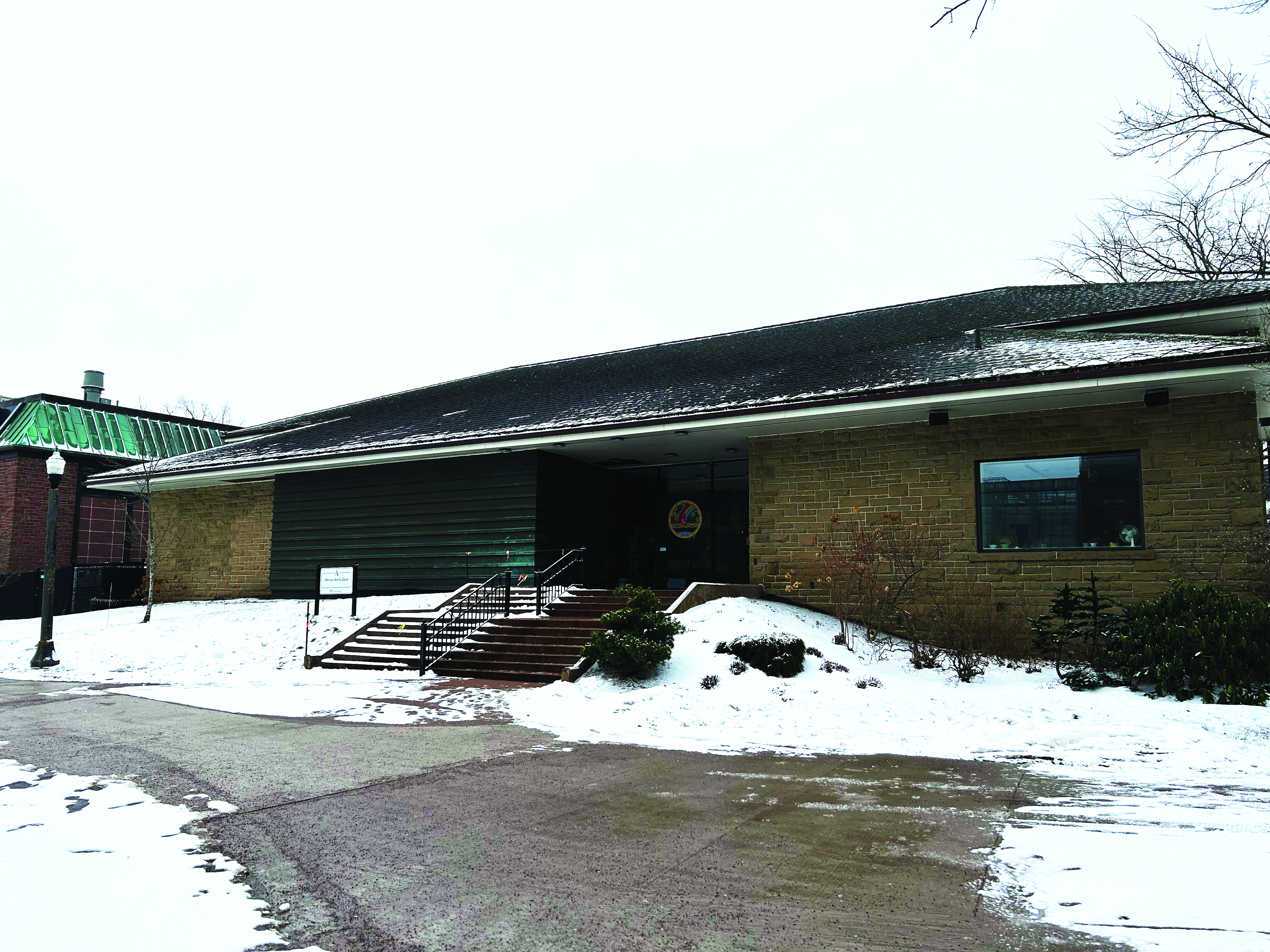Though writing is dreaded by many students, the world of academics is riddled with words, papers, and theses. While many of us cannot say we have read the various musings of our professors, this should not stop us from starting. Professors from every department have published their writings, whether they be creative, analytic, historic, or any number of other adjectives. The world of writing is ripe with creativity, and the professors on campus have no shortage of stories and ideas to offer.
Dr. Geordie Miller has been in the field of creative writing for a good number of years now and has published many texts across a great many mediums. From journalism to poetry collections, to live shows, to book reviews, Dr. Miller has done it all. His latest work, Disharmonies, is a collaboration with Sackville poet Marilyn Lerch. “During the pandemic we kind of had this back and forth, sort of, as things seemed to be continuing to fall apart, and the social isolation and all of that” Miller stated. Once it became clear that they had a book on their hands, the project quickly became an investigation into deeper meaning. “It’s to try and think about what was going on in the world and where our writing kind of fits in with that,” he explained. Now, having been published, it is a collection of anti-capitalist and anti-climate change poetry, built on an understanding of our current society and what it could be if radical change were to occur. All in all, the book is a fascinating glimpse into two beautifully creative minds.
For those involved with the drama department, Dr. Sarah Fanning’s passion for the industry shines through. What some on campus may not know is that Dr. Fanning has written many pieces examining the relationships between literature and the screen, true crime and film, and much more. She often writes articles and chapters within collaborative books, which offer a feminist perspective on pop culture and pop culture history, especially on the ways in which Victorian literature has been adapted. Her fascination with period pieces, adaptations, feminist literature, Victorian-era writing, true crime, and film, offers a variety of brilliant pieces that boggle the mind with brand-new connections. For those interested in a true crime piece, Dr. Fanning wrote a particularly fascinating piece on David Fincher’s adaptation of the Zodiac killings in his 2007 film, Zodiac. The chapter is titled “‘What follows is based on actual case files’: Adapting the ‘Truth’ in David Fincher’s Zodiac”, and can be found in the book Serial Killing On Screen: Adaption, True Crime, and Popular Culture. If literature is more your fancy, Dr. Fanning wrote an article titled “The Many Faces of Jane Eyre: Film Cultures and the Frontiers of Feminist Representation”, which can be found online.
For anyone who has ever taken a class by Dr. Christopher Forstall, it may not be surprising to hear that he has a deep fascination for three things: epic poetry, computer science, and Classics. Few people can say they have combined all three into a published book that explores the human condition, but Dr. Forestall certainly can. In collaboration with Dr. Walter J. Scheirer of the University of Notre Dame, Quantitative Intertextuality: Analysing the Markers of Information Reuse follows their journey in analysing Classic poetry and its many repetitions. Their concept is that with a perfectly designed computer program, the repetition and patterns of these poems can tell us something about our search for deeper meaning as humans. This idea is a beautiful attempt at reconciling age-old ideas through modern technology to answer a question humans may never explain. While this book certainly cannot claim to answer this question, once and for all, it makes an excellent and wonderfully human attempt at it and is very much worth a read.
Back in the English department, Dr. Amatoritsero Ede wrote and published an anthology in 2022 of interconnected poetic essays. His book, Imagination’s Many Rooms, finds a way for life, death, conversation, poetry, and personal essays to not only live together but bleed seamlessly into each other. This book is filled with socio-political and literary commentary, which is no surprise to anyone familiar with Dr. Ede’s former works. Among his many other publications, there are journals of African literature, essays in Afropolitan studies, a plethora of poems, and anti-fascist writings, just to name a few. All in all, Dr. Ede has a wide scope of work, highlighted by a unique and beautiful writing style. If you find yourself at all interested in any of these subjects, his works are among those that should line your shelves.
Mt. A’s campus is bustling with writers, creatives, playwrights, artists, and more. It would be impossible to cover every publication on campus, and there are a great number of writers on campus whose names are not written here. Writers who have created astounding works that challenge narratives, explore deeply human questions, construct brilliant worlds, and more. The world of academic writing is far from dry, and out there are writings, likely crafted by people you know, begging to be read.






